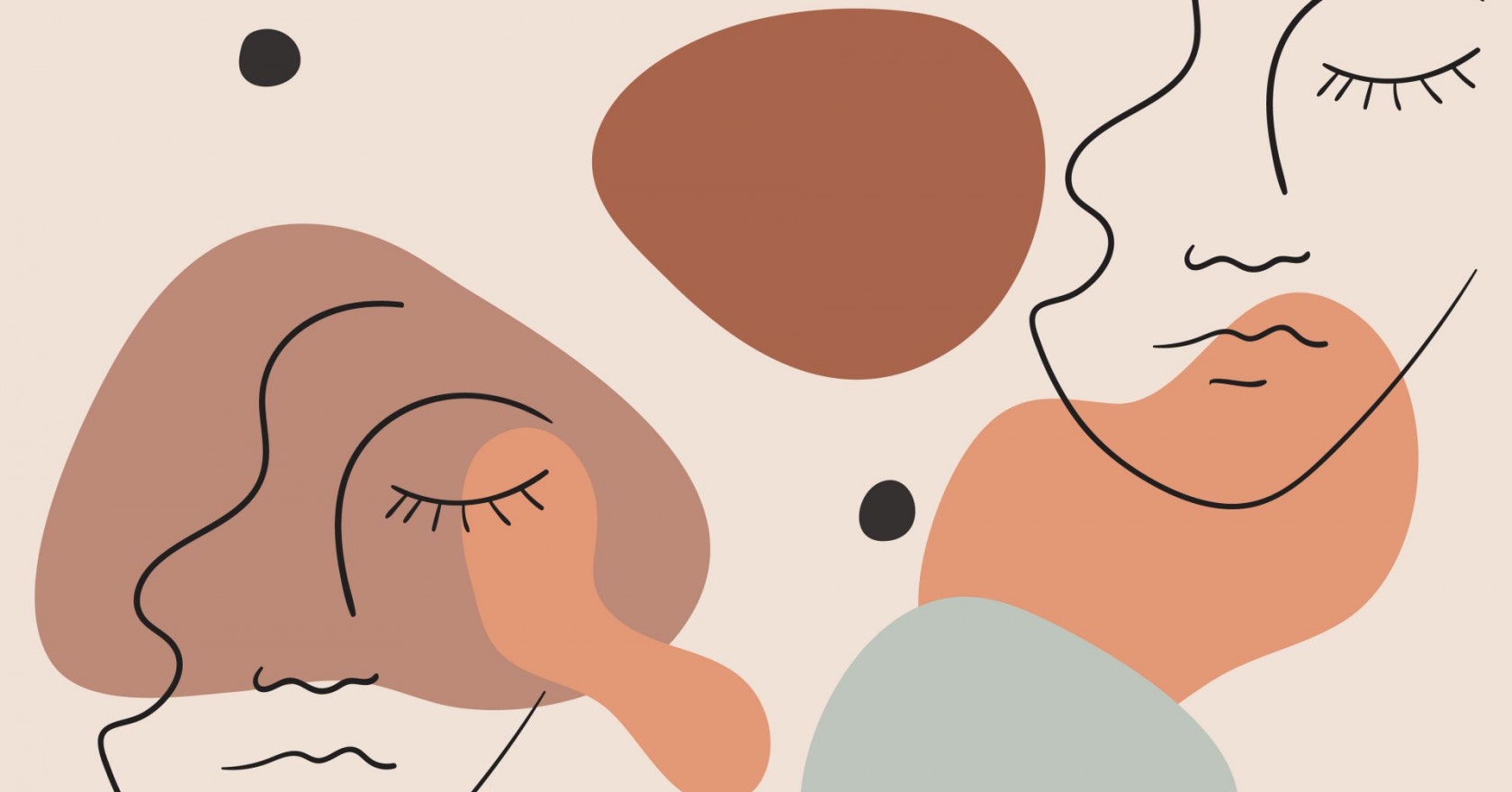Have you found yourself feeling… off recently? You’re not alone. Here, a therapist explains why your emotions are all over the place at the moment – and what you can do about it.
Over the last couple of weeks, I’ve been finding it hard to put my finger on how I’m feeling. It’s weird; while I’ve had moments of normality, I’ve also spent a lot of time feeling rather unsettled, almost as if my emotions are struggling to work out what’s what.
It’s not something I’d been paying much attention to, however, until I saw a recent Instagram post by the integrative therapist Abby Rawlinson.
In the post, Rawlinson explained that many of us may be experiencing feelings of grief as we move towards a ‘post-Covid life’ and exit the survival mode we’ve been stuck in for almost two years.
While I wasn’t surprised to learn that the pandemic is still taking its toll on our mental health – after all, it was an experience unlike anything any of us had ever been through before – I never considered that what I’d been experiencing were feelings of grief.
So, the incessantly curious person that I am, I decided to reach out to Rawlinson to find out more about the impact being in ‘survival mode’ has had on us all and ask her how to cope as we move through this new stage of the pandemic. Here’s what she had to say.
What is ‘survival mode’? And why is it affecting us now?
According to Rawlinson, ‘survival mode’ is when you focus on getting through each day, rather than being able to sit back and see the bigger picture.
“One of the many reasons for the kind of delayed grief we’re seeing now is because of this ‘survival mode’,” Rawlinson explains. “Perhaps all of your energy during the pandemic was spent trying to hold down your job, home school your children or avoid contracting Covid.
“When we’re in the middle of a crisis and focused on day-to-day survival there isn’t enough mental space for us to truly process our losses. You can’t grieve when you feel unsafe.”
Now restrictions have lifted and we have more opportunities to get out and about, we’re no longer in survival mode – and this, Rawlinson explains, is why so many of us are feeling off.
“For many of us, the easing of restrictions brings longed-for opportunities – to see friends and family, to travel abroad, or even to return to the office – but these experiences can also trigger our grief,” she says.
“They can be a reminder of what we lost or what we missed out on, so even happy, much-anticipated experiences like, for example, having drinks with your colleagues on a Friday night, might bring up some feelings of grief and sadness.
“It might be confusing to have mixed feelings about a seemingly happy experience, but it’s perfectly OK to feel happy and sad at the same time.”
How should we navigate this type of grief?
Once you’ve identified what’s going on, the first step towards navigating this period is coming face to face with your emotions.
“The first step in facing your grief is to ‘name and claim’ your losses,” Rawlinson explains. “Naming what we’ve lost isn’t ‘wallowing’, it’s how we can acknowledge sources of anger, sadness or irritability. Grief is so much worse when you haven’t named it because you have this vague sense of suffering but you don’t know why.”
She continues: “It’s important to remember that grief is not a problem to be solved. Be patient with yourself and if you’re supporting someone else, be patient with them too.”
If you, or someone you know, is struggling with their mental health or emotional wellbeing, you can find support and resources on the mental health charity Mind’s website and NHS Every Mind Matters or access the NHS’ guide to mental health organisations here.
If you are struggling, you can also ask your GP for a referral to NHS Talking Therapies, or you can self-refer.
You can also call the Samaritans in the UK on 116 123 or email [email protected] for confidential support.
Image: Getty
Source: Read Full Article
